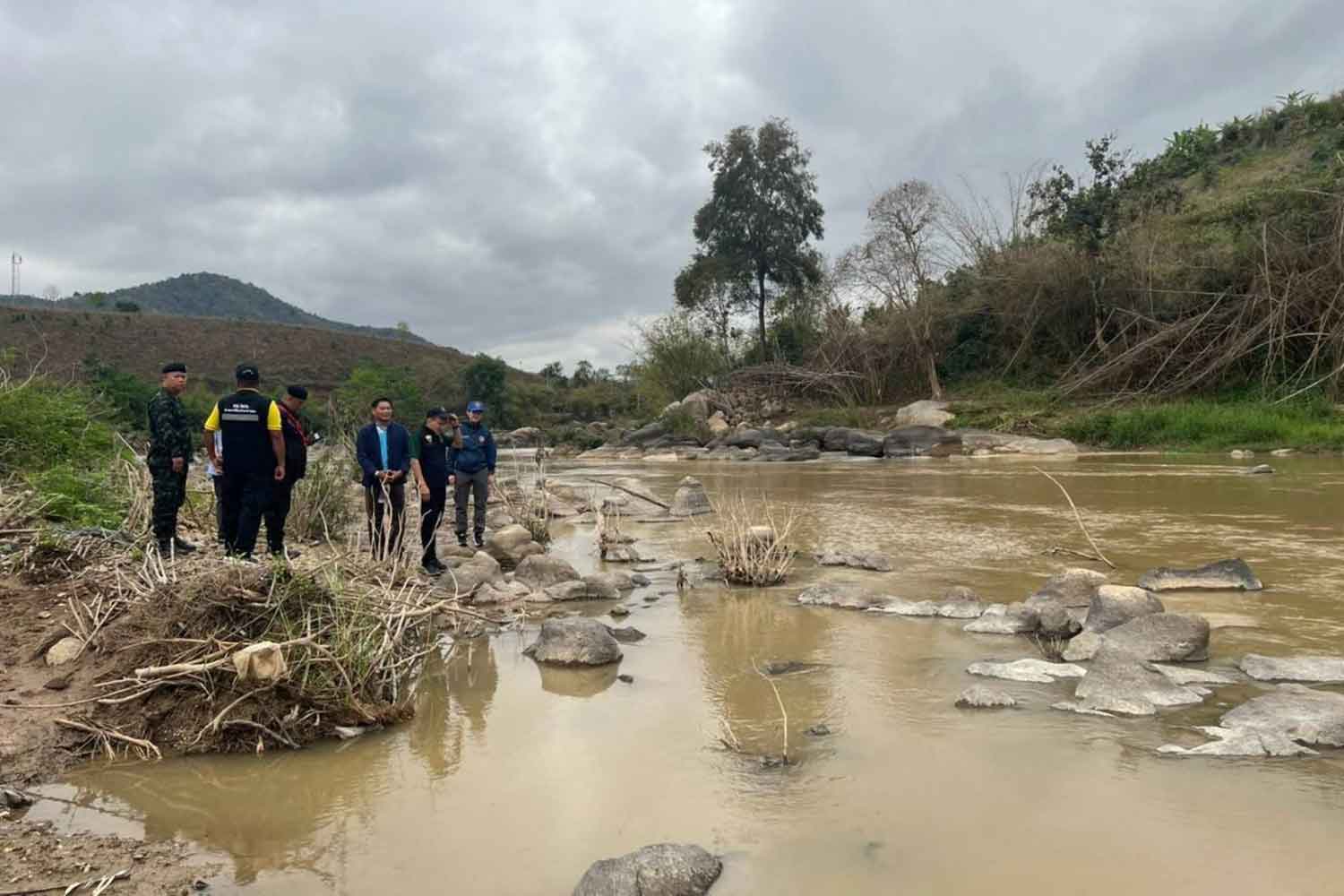
Building an artificial intelligence (AI) workforce and the creation of a Thai large language model (ThaiLLM) are among the six proposed flagship projects under the second phase of the national AI strategy and action plan.
Chai Wutiwiwatchai, deputy chairman of the National AI Policy and Action Plan Steering Committee, said a new National AI Committee is pending appointment by Prime Minister Srettha Thavisin and plans to begin implementing the second phase for 2024-27.
Mr Chai estimated the six projects would require a total budget of 1.5 billion baht, of which 1 billion is to develop 30,000 AI-skilled workers from engineers and beginners.
The National Electronics and Computer Technology Center (Nectec), which acts as secretary of the steering committee, recently hosted a closed hearing where organisations related to the AI plan offered details of the proposed projects.
Tiranee Achalakul, president of the Big Data Institute, said Travel Link is the institute's AI project to combine tourism data with AI to recommend tourism attractions.
"We will use generative AI to make a tourism chatbot," said Ms Tiranee.
Tourism accounted for 11.4% of GDP in the second quarter of 2023.
Travel Link is expected to help local communities earn more revenue from tourism through the insight of travellers, she said.
Nakarin Amarase, senior vice-president for external affairs at Siam Commercial Bank, said the use of AI to strengthen the fraud detection system is essential to reduce losses from financial fraud.
From March 17, 2023 to Feb 29, 2024, losses from cybercrime totalled 27 billion baht from an average of 645 cases per day, he said.
Using AI to analyse users who have multiple SIM cards and suspicious bank transactions can help freeze suspicious transactions before damage occurs, said Mr Nakarin.
This effort requires collaboration from police, the Anti-Money Laundering Office, the Bank of Thailand, telecom operators, the Thai Bankers' Association and the Digital Economy and Society Ministry, he said.
Kobkrit Viriyayudhakorn, president of the AI Entrepreneur Association of Thailand, said ThaiLLM is an important project.
The project is expected to require a budget of 120 million baht to create an open source ThaiLLM foundation and chatbots to offer information on health, travel and the environment.
"We aim to employ 590 AI workers for the project and encourage the creation of Thai AI startups, reducing both costs and reliance on foreign AI. AI is the national infrastructure for secure technology," said Mr Kobkrit.
Mr Chai said Nectec is also responsible for developing a biometric identification AI testing centre, while the Electronic Transactions Development Agency plans to upgrade its AI governance clinic to an AI governance centre.
Putchapong Nodthaisong, secretary-general of the Office of the National Digital Economy and Society Commission, said the commission's fund can support some of these projects, such as the fraud detection system and ThaiLLM foundation.
Wiboon Rugsancharoenphol, committee secretary of the Innovation One fund, under the Federation of Thai Industries (FTI), said during 2024-25, AI can improve productivity in the manufacturing sector by using machine vision technology to find defective products and enhance quality assurance in the process.
He said the FTI will promote pilot use of CiRA CORE technology in 50-60 small-scale factories, targeting electronics and food. The project is estimated to cost 20 million baht.
CiRA CORE is a platform that allows users to create algorithms or applications such as deep learning to facilitate learning and memory for a system. For example, it can be trained to do industrial tasks. Once the learning process is complete, it can instruct a robot to do such tasks in various industries.
The FTI is also targeting AI energy optimisation to help manufacturers reduce their carbon footprint, supporting exports under the EU's Carbon Border Adjustment Mechanism.


